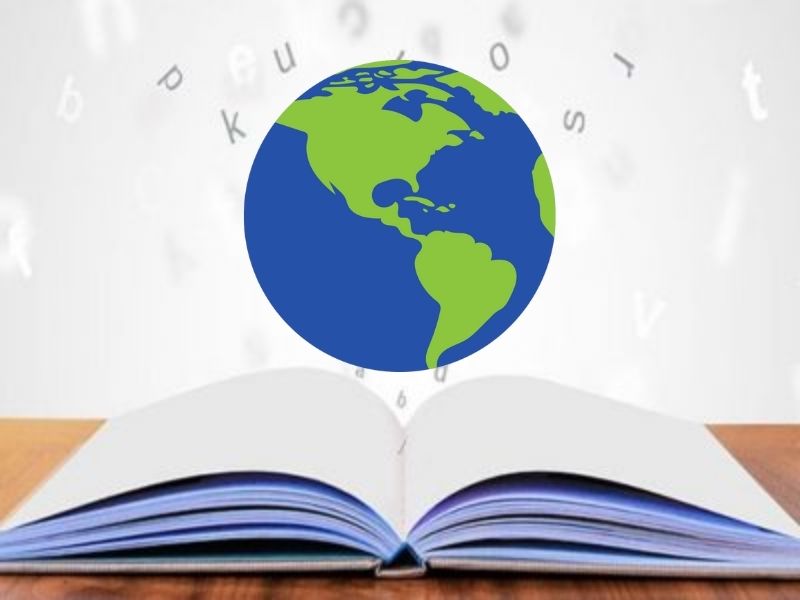Climate change has long been an issue requiring urgent attention and awareness, and education systems around the world have been urged to address and implement climate change awareness in their school curricula. According to UNSECO’s 2021 Global Education Monitoring (GEM) report aimed at improving and implementing national education strategies, only 75 percent of countries worldwide have covered climate change in their national curriculum framework, among which only 40% of the countries have implemented education laws including the issue of climate change.
Presenting findings from the Survey of National Education Responses to the pandemic conducted by the UNESCO, UNICEF, World Bank and OECD, the GEM report also reported that a minimum of 45 percent of countries include climate change subjects in their education sector plans and strategies, where references are mainly (90 percent) found in primary and secondary levels of educations. The report added that there are fewer countries having the adequate framework to integrate climate change education in higher education (70 percent), teacher training education (55 percent) and technical and vocational education and training system.
The report further highlighted the role of education in generating climate change awareness, stating, “Climate change education can enhance the resilience of vulnerable groups and communities with mitigation and adaptation strategies, especially in low-income countries, that risk being disproportionately affected by these changing conditions”. Among the countries reported to have made progress in the integration of climate change in their educational framework, Italy stood out. Climate change education has been declared mandatory in the civic education in Italian schools since 2020, encouraging students to adopt ecologically sustainable behaviours and practices.
Asian and American countries too reported progress in this field. The report noted Columbia for having assigned a key role to its Ministry of Education in Climate Change Education (CCE), adopting a National Climate Change Policy in 2017, including objectives to make climate change a mainstream subject in the formal education system and proposing five strategies on the circulation of information on a variety of fields including climate change management planning and financing. Indonesia too was noted for its efforts in updating its National Curriculum Framework (2013) and integrating climate awareness as a core competence in the development of attitudes, skills and knowledge imparted to students.
Recognising the imminent need to integrate climate change education in national frameworks, activists at the ongoing 2021 United Nations Climate Change Conference (COP26) in Scotland also demanded focus on introducing climate science to school curricula. Maharashtra became the only Indian state to win an award at the COP26, bagging the ‘Inspiring Regional Leadership Award from Under2 Coalition for Climate Action’ for the state’s efforts at saving climate at a subnational level.
Also read: Italy first country to make climate change study mandatory in schools
Posted in International, News























